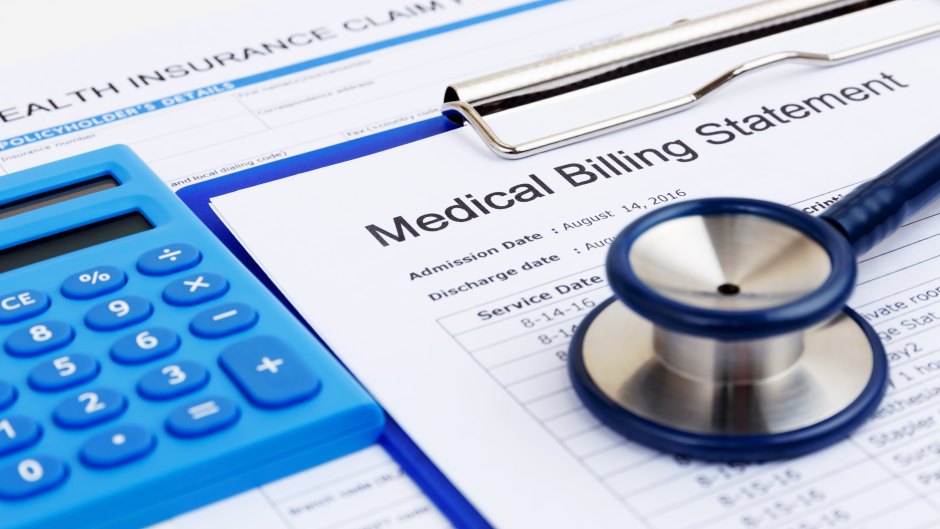
Shutterstock
5 Tips to Reduce Medical Bills: Taking Care of Your Health Shouldn’t Break the Bank
ASK
Requesting an itemized bill is “a good starting point because often patients don’t know what they are getting billed for,” says Erin Fuse Brown, a health law professor at Georgia State University. “You can identify errors, like being charged for a test you were never given.” An estimated 80 percent of medical bills contain errors.
NEGOTIATE
“Here’s a little-known secret: You can negotiate lower medical bills, even after you have received the services,” offers the United Way. “Outline the reasons why you are asking for a discount, such as not having health insurance. Then, call the medical billing department and speak to a financial counselor. They will help you determine your best options.”
PLAN
“Some medical providers offer payment plans, breaking a large medical bill into smaller payments over time,” explain the folks at Capital One. “And those who have a limited income could qualify for an interest-free plan tailored to their specific needs.”
SAVE
Per the U.S. Department of Health and Human Services, setting up a health savings account (HSA) can cut costs since it “lets you set aside money on a pretax basis to pay for qualified medical expenses. By using untaxed dollars in an HSA to pay for deductibles, co-payments and other expenses, you may be able to lower your overall healthcare costs.”
PREVENT
An ounce of prevention is worth a pound of bills. According to the folks at University of Nebraska Medical Center, checkups and screenings for high blood pressure, cholesterol and cancer aim “to detect and treat common conditions as early as possible — when outcomes are better and treatments may be less expensive.”







































